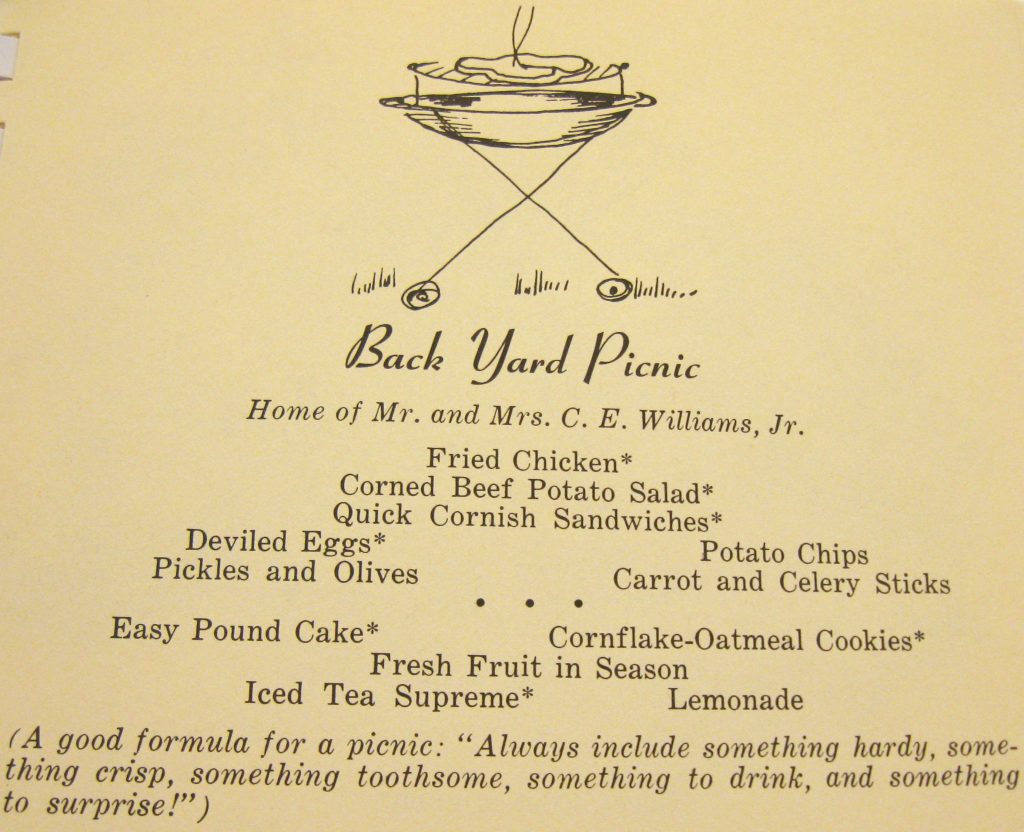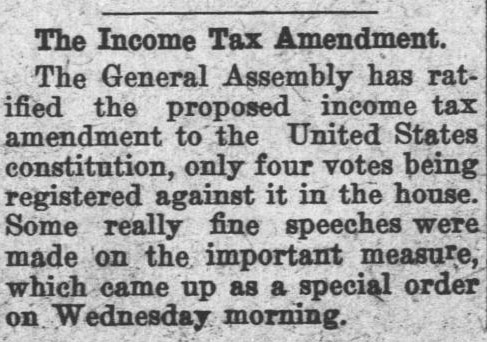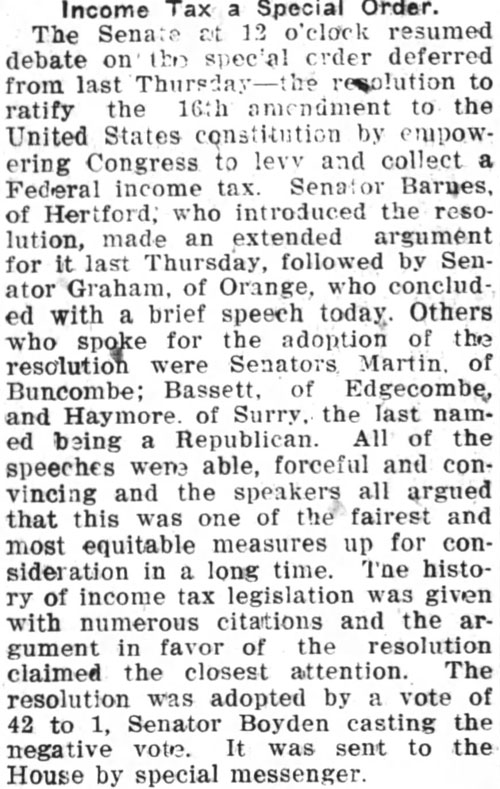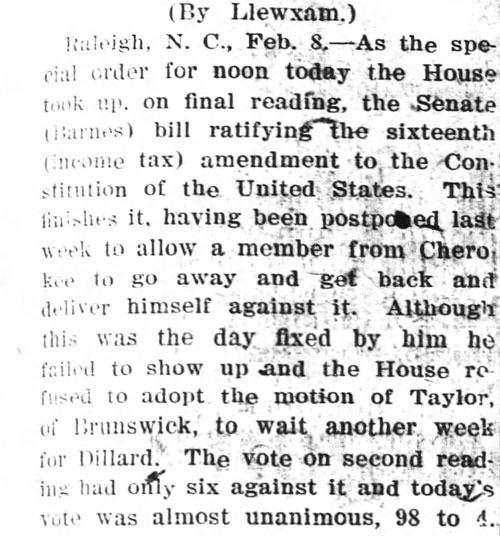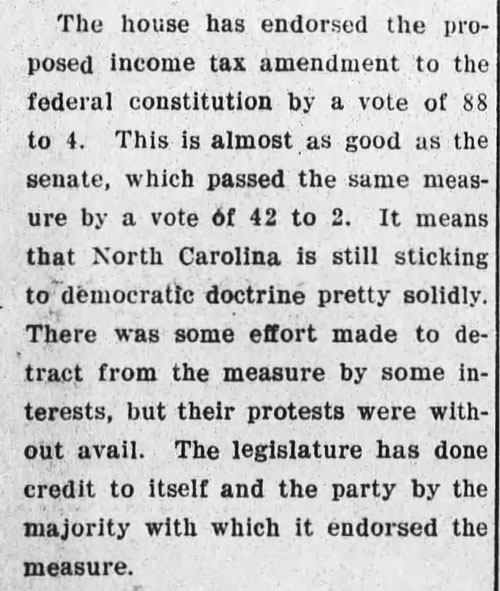“During the first third of the Nineteenth Century… thousands of North Carolinians moved to the new territories and states beyond the mountains every year. The 1830s was the decade of heaviest migration; 32 of the states 68 counties actually lost population, and the increase for the whole state was only 2.5 percent, despite the fact that North Carolina had one of the highest birth rates in the nation….”
— From “Letters From North Carolina Emigrants in the Old Northwest, 1830-1834,” edited by James W. Patton, in the Mississippi Valley Historical Review (September 1960)
Nor was this North Carolina’s final era of outmigration — the 1980 census was the first since Reconstruction to report more people moving into the state than moving out.
Addendum: For a very different reason — ever-increasing urbanization — 43 of North Carolina’s 100 counties lost population over the past two years.

